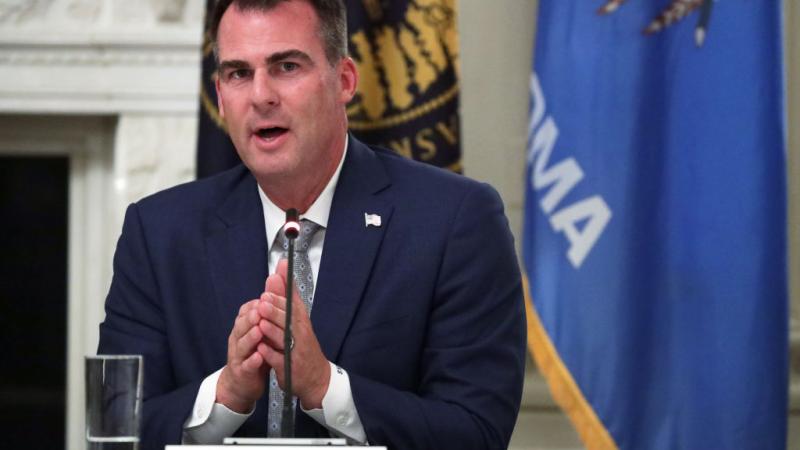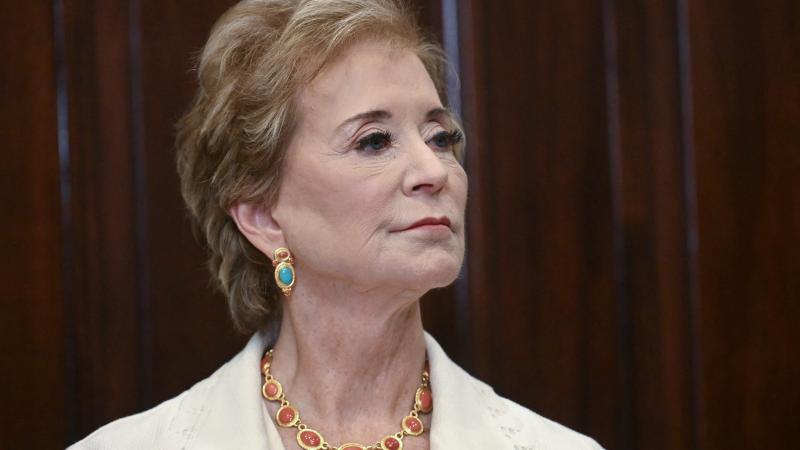Minnesota school district adopts Black Lives Matter slogan as privileged 'government speech'
Unclear if approved resolution simply limits what messages can be posted in school buildings.
Many schools promote racial justice slogans such as Black Lives Matter. But one district in Minnesota has gone a step further, adopting several slogans as uniquely privileged "official government speech" tacitly exempt from challenge by dissenting opinion ordinarily protected under the First Amendment.
Rochester Public Schools board members unanimously approved a sweeping resolution that authorizes the superintendent to promote the slogans Black Lives Matter, Brown Lives Matter, Indigenous Lives Matter, All Are Welcome Here, and Stop Asian Hate.
The official is directed to take all actions "that further the objectives" of the resolution, including by approving "messaging, signage, and visuals" for the slogans. The district also adopted the six-color "pride flag" as government speech to support "a message of inclusion" within schools.
According to KAAL TV, the resolution was a legal defense move. A day before the board meeting, Superintendent Michael Muñoz told staff to ignore "misinformation circulating on social media" that top officials had ordered the removal of "BLM messaging" in classrooms.
The claim came out of a leadership meeting on “speech, First Amendment rights, and how we can support our students and staff,” wrote Muñoz, who previously agreed to resign at the end of the school year following a plagiarism scandal.
Someone asked a question about "BLM material," but the answer did not include "a directive to remove posters/flags or disallow wearing BLM apparel," Muñoz said, adding that the board would take up the issue the next day. He issued the same message to families in the district.
The resolution could be read to let the district shut down disagreement with the slogans by students, teachers and staff, and censor lesson plans that teach students about debate on racial justice issues. It makes no mention of the First Amendment rights of employees and students.
It has one qualification: The resolution is not intended as an "endorsement" of any policies supported by "organizations using the same or similar messaging." That likely alludes to the Black Lives Matter organization, whose founders are self-described Marxists and whose principles originally included "disrupt[ing] the Western-prescribed nuclear family structure."
A law professor told Just the News the resolution might simply apply to the walls of schools, so that the district can exclude "rival views" to the government-approved slogans on its own property.
"This is actually pretty normal" except in the sense that a school board "made express" its view of government speech, UCLA's Eugene Volokh, a First Amendment expert, wrote in an email.
"The school can put up pro-recycling signs without allowing anti-recycling signs, support-the-troops signs without allowing oppose-the-troops signs, you-should-work-hard signs without allowing you-should-goof-off signs."
A district spokesperson responded to a query but did not answer questions about the scope of the resolution or provide an explanation for the particular slogans chosen. "All Are Welcome Here" is arguably comparable to "All Lives Matter," a slogan often accused of conveying "anti-blackness" and hate.
The National School Boards Association didn't respond to a request for comment about whether other districts had adopted political slogans as "government speech" and whether it was wise to do so, given that a district could also approve "All Lives Matter."
"It is not about telling students what to think"
Muñoz gave background on the resolution at the school board's April 27 meeting.
"We had the issue that when you allow individual employees to express their personal views on a particular topic during their work hours, it must be done in a way that is seen as impartial," he said. (At least two board members wore Black Lives Matter masks on the Zoom session.)
School districts in Minnesota have been talking for about a year on "how to support certain messages of inclusion while also being mindful of the parameters of what is and is not permitted under the First Amendment," district lawyer John Edison told the board.
They can't favor certain viewpoints spoken by employees while restricting others, but by adopting the slogans as government speech, "we're not creating a forum for other types of speech," he said. Edison didn't respond to a query about the scope of the resolution.
No one on the board asked how the particular slogans were chosen. Member Melissa Amundsen thanked her colleagues for devising the resolution "remarkably quickly."
Board Chair Jean Marvin asked members to each read a couple lines of the resolution out loud in order.
"It is not about telling students what to think or what they can and cannot say, but it does give our district and our staff the authority to speak out about these lives that matter — to fly the pride flag, to use a Black Lives Matter sign in their classroom," Marvin said. "The message to them is this district stands behind you. This is our message to the community."
The school board seemed worried about accidentally creating a "limited public forum" that would let students post messages other than racial justice slogans that were already on school property, said Volokh, the First Amendment law professor.
"People are understandably worried that some school boards may indeed try to suppress such dissent from the official government position," he wrote. "But the mere label of certain messages as 'government speech' doesn’t itself restrict contrary student views," which can still be legally expressed on school property "unless it threatens serious disruption, is vulgar or sexually suggestive, or praises illegal drug use."
















